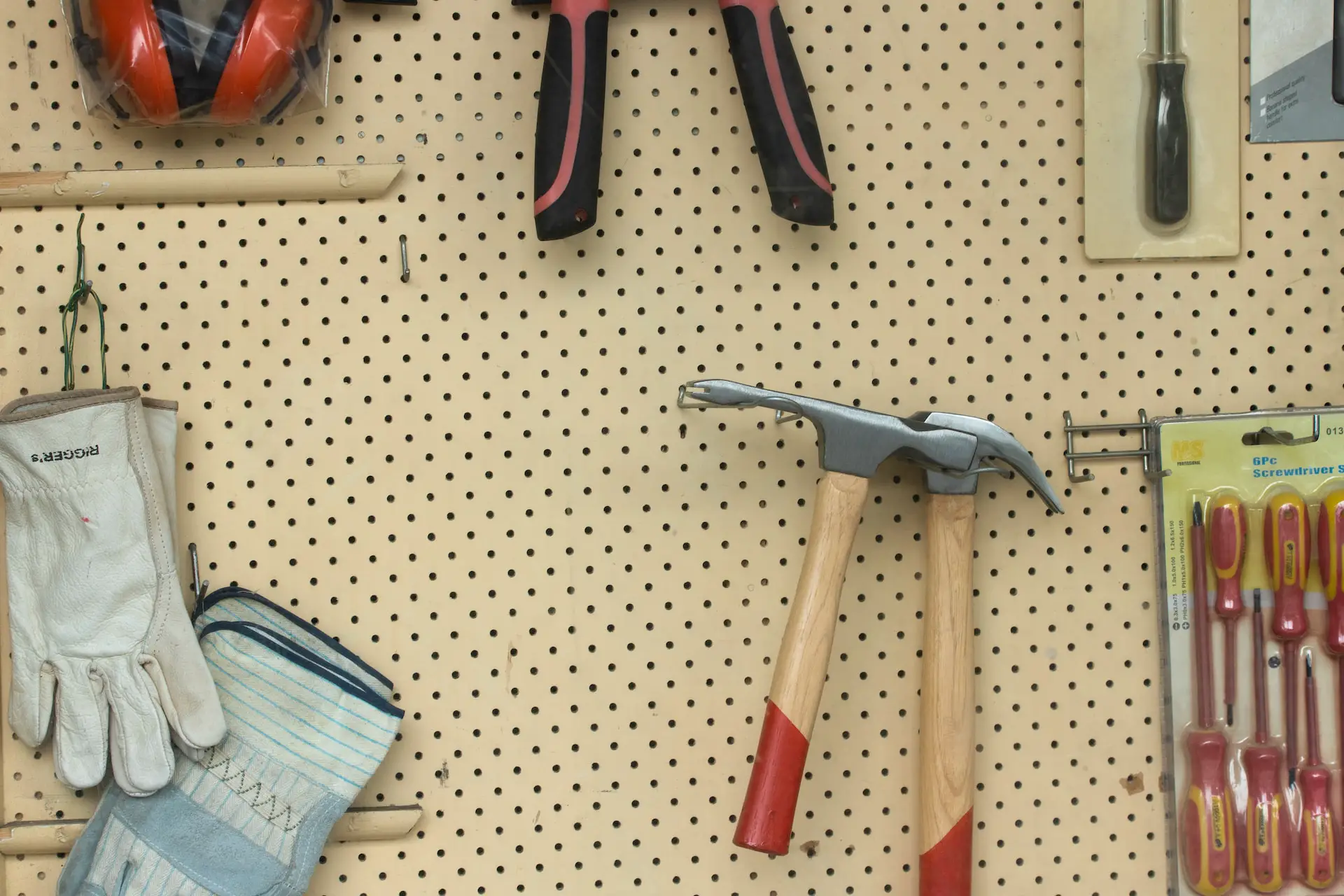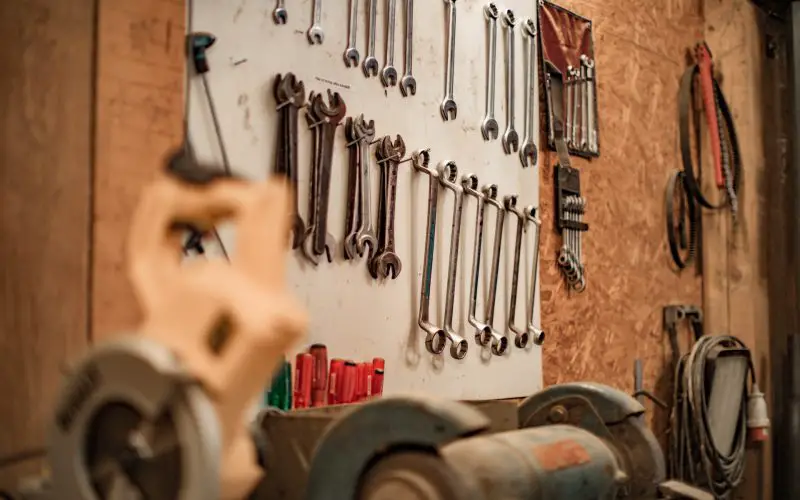Do you have a large, multi-purpose workshop that requires an efficient and durable floor? As your workshop works hard for you, it’s essential to give your workspace the best environment so it can pay off in quality of work. An ideal workshop floor should be comfortable enough for standing all day, able to cope with heavy machinery and footprints, and easy to clean and maintain while being hardy yet affordable. If these conditions seem difficult to fulfill without sacrificing performance or durability, then don’t worry! We’ll offer valuable advice on what things you need when creating the perfect floor for a large workspace. Read more here as we explore how different materials play a role in optimizing coverage area while balancing cost efficiency too – no matter what type of job is undertaken!
Research the best flooring material for the space
The right flooring can make all the difference in your workshop. Take into consideration the type of usage you have for your space, as different materials can be better suited to either heavier or lighter uses. For instance, concrete may be a great choice if you’re dealing with heavy machinery, while wood or stone are more suitable for lighter tasks where comfort is key. Consider also the length of time that each material will last- vinyl and rubber are great options if you want something that will have a longer lifespan, while carpeting may not be the best choice for high-traffic areas. The folks at https://www.niagaramachine.com/ note that your flooring should be able to withstand heavy machinery and the shock from dropped tools, as well as any spills or other accidents. It should also be easy to clean and maintain, so the fewer joints and cracks in the flooring material the better.
Measure the area and plan out where each piece of flooring will go
When it comes to installing new flooring, measuring the area may seem like a tedious task, but it’s essential to ensure you have enough material to cover the entire space. Planning out where each piece will go can also save you time and frustration during the installation process. By carefully measuring and mapping out your flooring plan, you can avoid running out of materials mid-project or having to make multiple trips to the store to purchase more. Plus, having a well-planned flooring layout can enhance the overall aesthetic of the room and make it feel more spacious and cohesive. So take the time to measure carefully and map out your plan – you won’t regret it!
Prepare the space for installation
Preparing a space for installation requires attention to detail and a willingness to put in some elbow grease. First and foremost, any existing materials need to be removed in order to create a clean slate for the new installation. This could mean pulling up old carpeting, tearing out old tile, or even breaking up concrete. With the area cleared, the next step is to take a close look at the subfloor and make any necessary repairs to cracks or holes. Skipping this crucial step could result in uneven flooring and a less-than-perfect finished product. So take the time to get your space ready for its new floors – you’ll be glad you did!
Install a moisture barrier to protect against water damage
Water damage is a major concern when it comes to flooring, and installing a moisture barrier is one of the best ways to protect your new floors. Moisture barriers are typically made of plastic or vinyl sheets and lay between the subfloor and the main flooring material itself. They act as an extra layer of protection against any water that may seep through cracks in the subfloor or through the flooring itself, preventing mold and mildew growth as well as any warping or discoloration of your floors. While this step may seem like an extra unnecessary expense, it can actually help to extend the life of your workshop’s flooring and save you money in the long run. So don’t skip this important step!
Lay down your flooring pieces, starting from one corner and moving outward
When it comes to laying down flooring, it’s important to have a plan of attack. Starting from one corner and working your way outward is not only efficient, but it allows you to ensure that the pieces are fitted snugly together. Plus, by starting in a corner, you’ll already have one straight edge to work off of, making the rest of the installation process much smoother. Whether you’re installing hardwood, tile, or vinyl, approaching the project with this method will save you both time and frustration. So grab your flooring pieces and get to work!
Apply a clear sealant to protect your investment from wear and tear over time
Investing in high-quality flooring for your workshop is a great start in creating an ideal workspace. But it’s also important to protect that investment by applying a clear sealant once the installation process is complete. Sealants are usually made of polyurethane or epoxy and they help to strengthen the flooring and protect it from wear and tear over time. A good sealant should be applied in multiple thin coats and can help to keep your floor looking new for years to come. So don’t skip this important step! Your floors will thank you later. When it comes to selecting the right sealant, always make sure to read the instructions and follow them carefully. Taking the extra time now can save you money down the road! In addition to sealants, you may also want to consider a wax coating for harder surfaces such as hardwood or tile. Wax will provide an extra layer of protection while also leaving a beautiful glossy finish.

Installing a new floor may seem like an intimidating task, but the process does not have to be difficult or expensive. With these tips, you can easily prepare your space and install your new flooring in no time. Once you’ve finished, you will be left with an inviting workshop area that is ready for use. You are now prepared to take on any project or craft—big or small—with ease and protection. Don’t wait any longer—it’s time to create the space of your dreams! Start gathering materials for your new workshop today by researching the best options for durability, affordability, and ease of installation.








